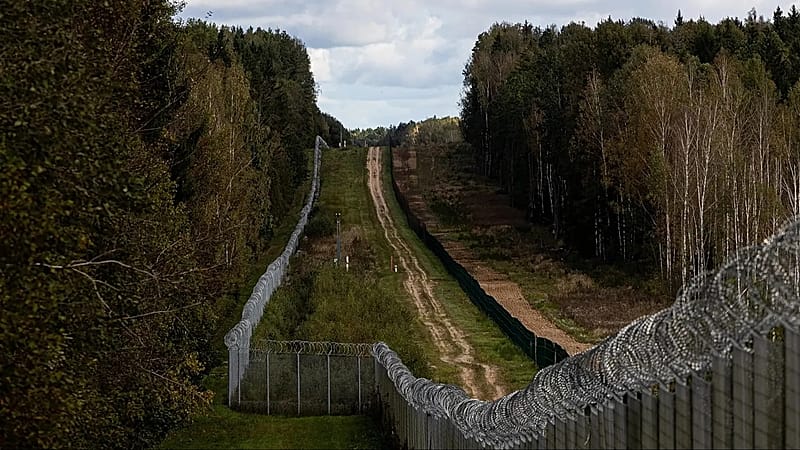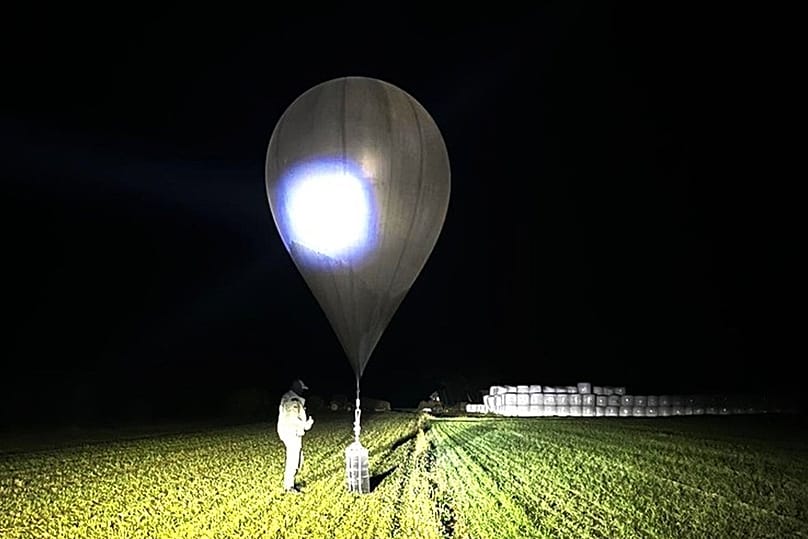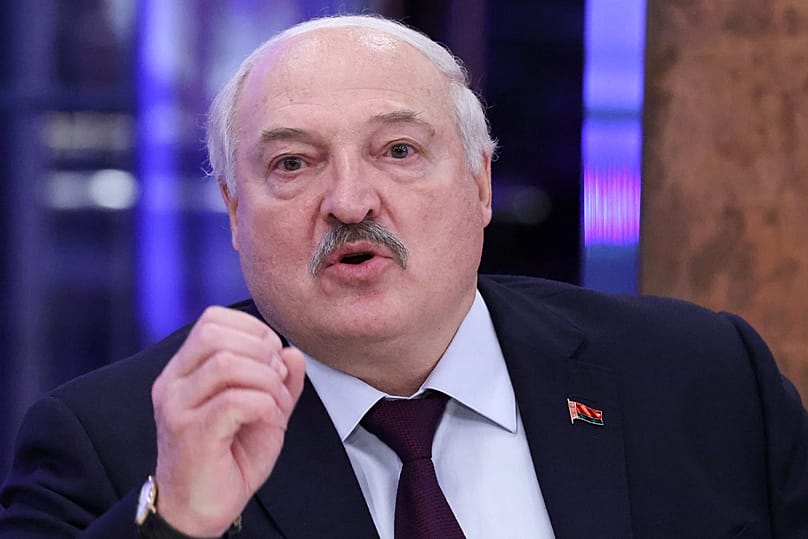Lithuania reopens border crossings with Belarus after tensions over smuggling balloons

The Lithuanian government said on Wednesday it is reopening the country's two border crossings with Belarus, weeks after they were closed following disruptions at the capital's airport caused by balloons used to smuggle cigarettes.
The government in Vilnius said in late October it would keep the crossings closed for a month, with some exemptions.
Lithuania decided to reopen the crossings at Medininkai and Šalčininkai on Thursday, but moved the decision forward by a day.
Officials in Lithuania view the balloon disruptions as a deliberate act by Belarus, a close ally of Russia.
The decision is expected to ease the return of Lithuanian trucks that were stranded in Belarus.
Minsk refused to open a corridor exclusively to evacuate the trucks, demanding that Lithuania reopen the border fully.
Delegations of the countries' customs officials met on Tuesday for technical negotiations.
Last week, Belarus’ President Aliaksandr Lukashenka said up to 1,200 vehicles were stranded in his country and threatened to impound them if Lithuania failed to reopen the border.
He has denounced the border closure as a "mad scam" and part of a "hybrid war" against his country.
Lithuania is a NATO and European Union member on the Western military alliance’s eastern flank and borders Belarus and Russia’s exclave Kaliningrad.
Lithuania warned that the border could be shut again if balloons and drones reappear.
"If the situation gets worse again, we reserve the right to close the borders at any time," Prime Minister Inga Ruginienė said, adding that the border was being reopened early after several relatively quiet weeks without major airspace violations and flight disruptions.
Both NATO and the European Union have been on high alert following a string of airspace violations, thought to be from Russia, in recent weeks.
NATO issued a warning to Moscow at the end of September, saying it would use all means to defend against any further breaches of its airspace after the downing of Russian drones over Poland and Estonia's report of an intrusion by Russian fighter jets.
The incidents caused widespread consternation among leaders across Europe, raising questions about NATO's preparedness against potential Russian aggression.
Today



